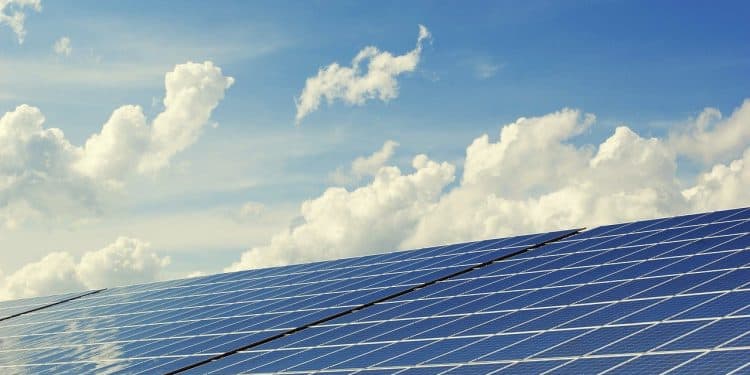Cambiemos submitted a proposal to the plenary session of Orihuela council this week to promote photovoltaic infrastructures in urban areas and buildings in the municipality.
The aim is, according to the formation, “to maximise the use of urban areas to generate photovoltaic energy with two objectives.” One is to facilitate the self-sufficiency of both individuals and the City Council itself thanks to this infrastructure. The other would be to protect agriculture and territory since, “the more we take advantage of urban areas for these infrastructures, the more the impact of large solar plants in non-urban areas can be reduced and ordered,” says Carlos Bernabé, councillor for the formation. The idea is, as other municipalities are already doing: “prioritise, it is obvious that we need a fast and strong impulse for photovoltaics”.
The proposal refers to facilitating, thanks to these infrastructures, both individual self-consumption and local energy communities. This with the aim that these photovoltaic infrastructures have a direct impact on neighbours, and the local administration, protecting income, increasing energy sovereignty and taking care of the territory. «In recent years, large companies have been proposing to install solar macro-farms, for speculative purposes, in areas with high environmental, agricultural and landscape value. Our proposal is to contribute from the City Council to turning that logic around: prioritising urban areas and areas of low environmental value and directing photovoltaics towards self-consumption and protection of citizens, not speculation in the market”, points out Bernabé.
The motion also includes estimates from the Valencian Institute of Business Competitiveness (IVACE). According to them, if 40% of the urban roofs available in Orihuela were used, around 451.20 GWh per year could be produced and supply the domestic consumption of 370,973 people. As the text points out, “maximising the potential of our municipality for the generation of photovoltaic electricity can contribute not only to greater environmental sustainability and collective energy sovereignty, but also to alleviate energy poverty and protect the income of neighbours and small and medium-sized companies.





